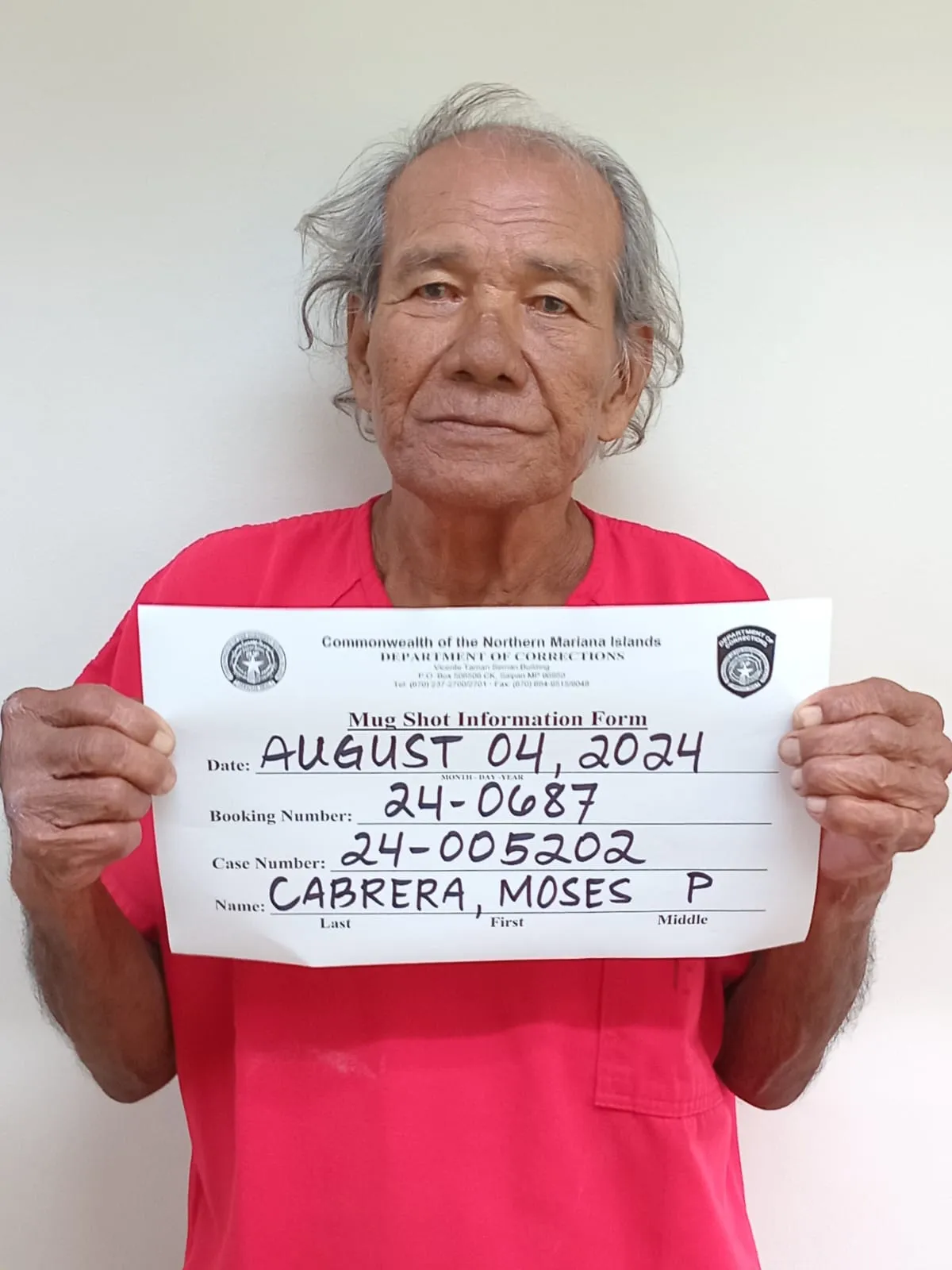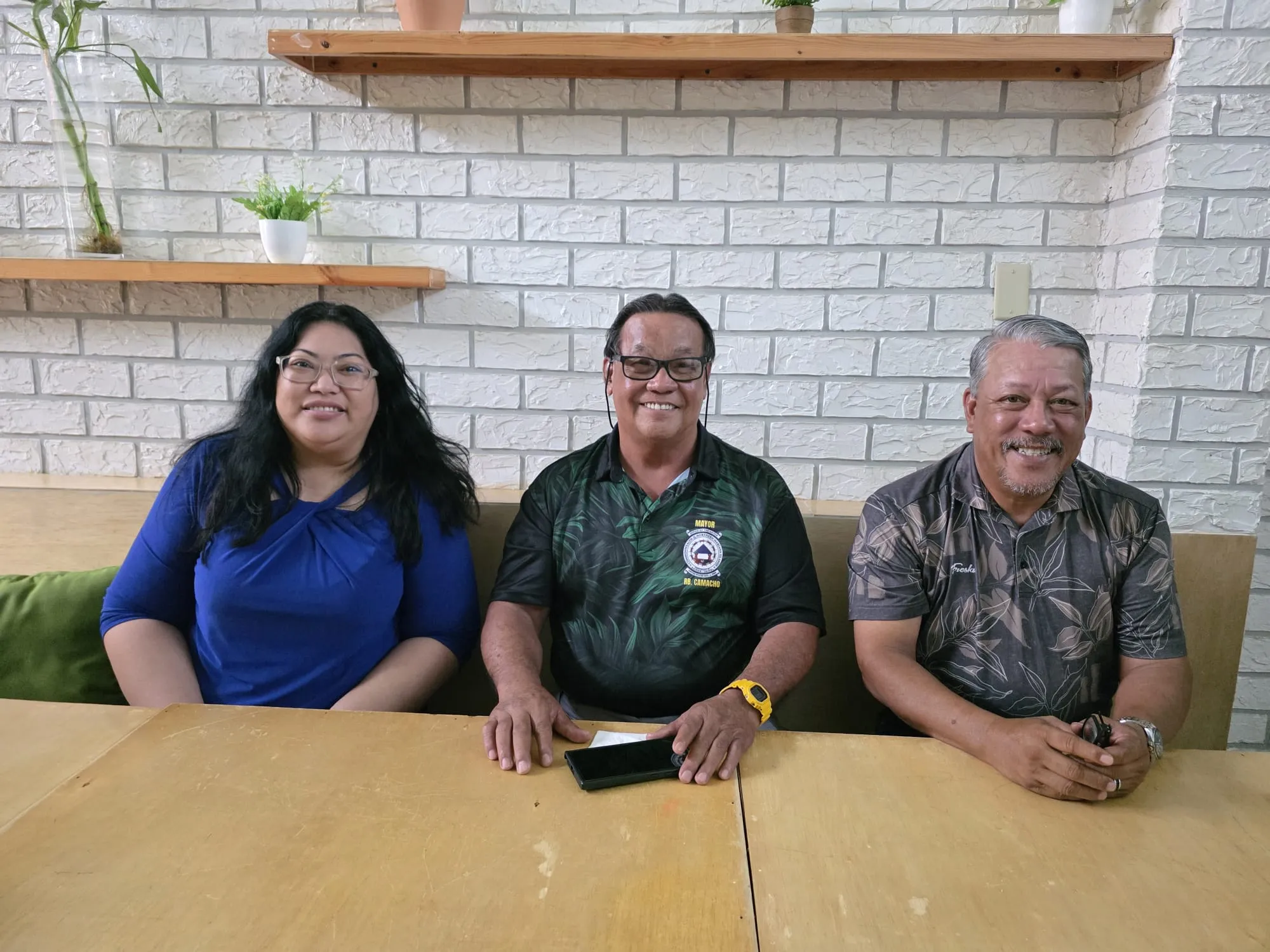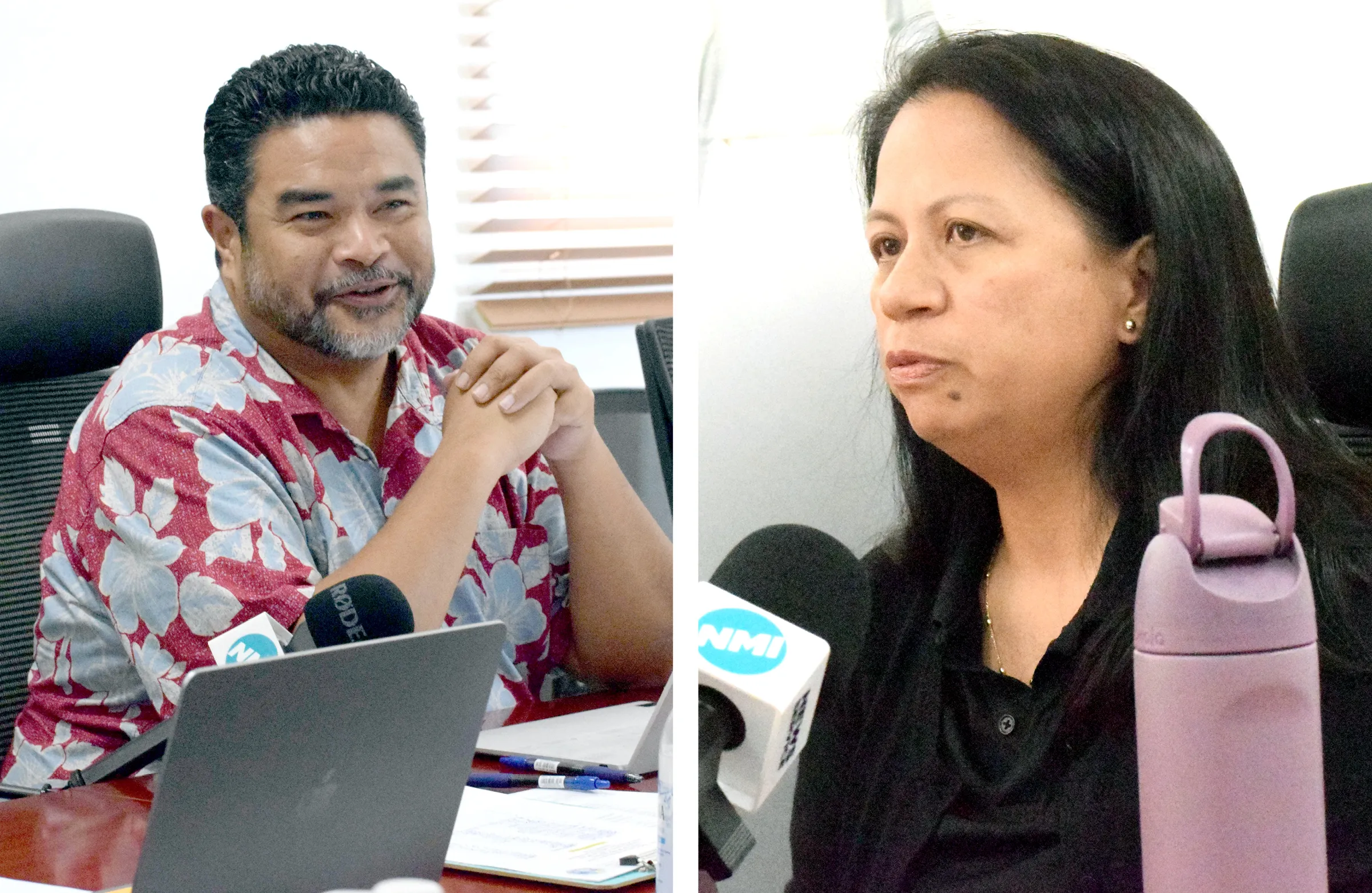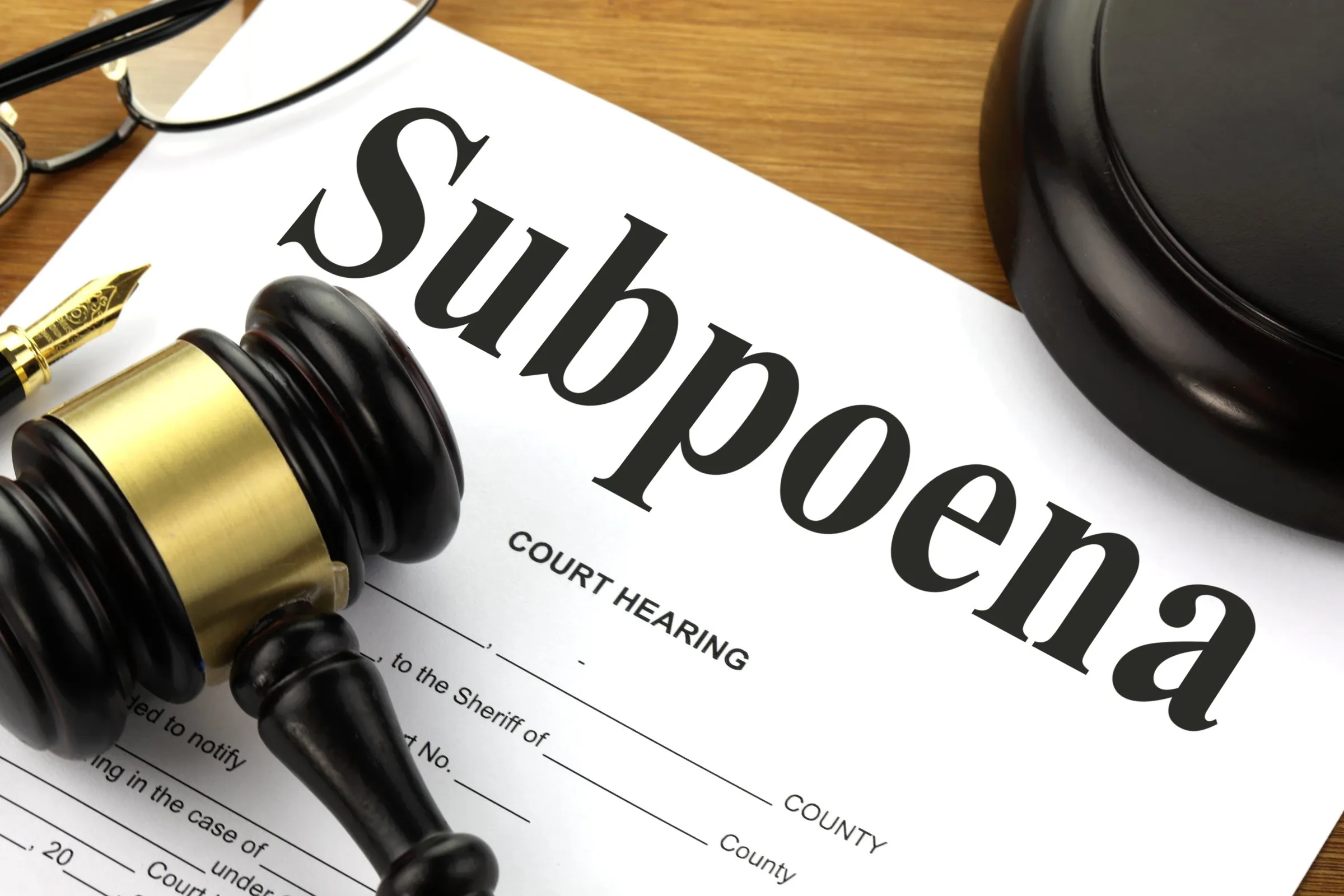Crickets
WHERE is the chorus of lawmakers expressing “grave concern” over the deficit and government overspending as well as the lack of funding for medical referrals? These are also the same politicians who used to complain that bills were being passed without public hearings, and that their colleagues in the majority bloc were mindlessly rubber-stamping what the former governor wanted passed.
Anyone heard from these “concerned” politicians lately?
Apparently, as members of the new majority bloc, they’re quite busy rubber-stamping the new governor’s budget proposals. All appropriation and revenue bills are supposed to originate from the House of Representatives, but one of its members admitted recently that “they don’t control the funds,” and that “whatever is handed to us is what we have and whatever is short is our fault — that’s the stress we get.”
Oh no. Elected officials are getting “stressed” by the demands of a job that they avidly sought, knowing fully well what they were getting into.
And so now, they want the voting public to re-elect them.
Makes sense? It’s politics, so it doesn’t have to.
Tax and spend, and tax some more
LAST week, the governor informed the Legislature about the “proportionate” FY 2024 budget reduction. The goal, he said, is “to mitigate the anticipated fiscal year-end deficit.” He also said that “the current financial condition of the CNMI requires that we quickly realign government spending with available resources.” But he has said the same thing before, in so many words. What happened to the previous “realignment”? And why did he retain the FY 2025 revenue projections that were set before the closure of Hyatt and Asiana’s local office?
His administration, he said, is committed to work with the Legislature to “increase government revenue” and avoid “further fiscal challenges.”
How? More tax-hike proposals? Tourism numbers are still low, the economy is still down, businesses and other taxpayers are still struggling — so tax them more?
Again, no mention of the significant cost-reduction measures recommended by the 2020 Fiscal Response Summit during which he said, “This is something that our Commonwealth should have done a long time ago.”
Political fatigue
COMPARED to previous midterm elections, there does not seem to be a lot of people interested in running for office this year. Considering the extent of the CNMI government’s financial problems, who indeed in his or her right mind would dare face voters and promise them quick fixes? If these existed, they would have been proposed and implemented already.
Besides incumbent officials and the few individuals hoping to replace some of the officeholders, it seems that the only other entity truly invested in this year’s election is the administration. Why? It’s because the administration wants a set of lawmakers who will pass tax-hike measures regardless of the public outcry or the state of the economy. And it doesn’t matter if higher tax rates would not result in more revenue. Higher tax rates would justify higher revenue projections which would authorize spending money that may or may not exist.
This is why the governor’s tax-hike proposals should be the main election issue. Voters should ask candidates: If you get elected/re-elected, would you raise taxes?
But then again, some voters may say, “No need to deal with tiresome political drama when you can simply vote with your feet.”









